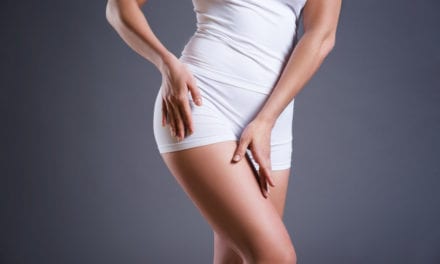Fat cells removed via liposuction do not return to treated areas or get redistributed to untreated areas of the body after all, a new study shows.
The findings appear in the August issue of Plastic and Reconstructive Surgery.
In the study of 301 patients having liposuction alone or in combination with abdominoplasty, there was no evidence of fat regrowth in treated areas of the arms, abdomen, or lower body. Additionally, upper body dimensions were unchanged after surgery. Researchers used standardized photographs and computer-assisted measurements of body dimensions obtained preoperatively and at least 3 months after surgery.
Average reductions in hip measurements remained significant in patients followed 1 year or more after both liposuction and combined liposuction/abdominoplasty procedures. The average hip reduction was significant even among a subgroup of 34 patients who gained 5 pounds or more after surgery, the study showed.
"Patients can be reassured that their improvements will last, and they need not worry about putting weight back on disproportionately," says study author Eric Swanson, MD, a plastic surgeon in Leawood, Kansas, in a press release. "Of course, liposuction does not change your ability to gain or lose weight. Its value is in permanently reducing the number of fat cells in problem areas."
The findings run counter to a recent study in the Journal of Clinical Endocrinology and Metabolism that found abdominal liposuction may cause an increase in visceral fat. This same study also showed that regular exercise can help counteract this effect.


